New Jersey Climate News
News Aggregation from the NJ Climate Change Resource Center

Policy
New Jersey Explores Sunset of Fossil Fuel Power Plants
Proposed constitutional amendment would bar new plants, phasing out existing ones
NIKITA BIRYUKOV / NEW JERSEY MONITOR – New Jersey lawmakers are exploring a tectonic shift in the state’s energy policy that could phase out nearly all of its fossil fuel power plants in the coming decades and ensure they don’t return without a rewrite of the state constitution.
On Monday, the Senate Environment and Energy Committee will hold a discussion — but no vote — on a proposed constitutional amendment that would bar the creation or reactivation of fossil fuel power plants. The amendment would allow existing plants to run through the end of their life cycles, but no longer.
“It provides for a gradual transition and hopefully avoids any rate shock to the ratepayers. We’re trying to keep rate shock to an absolute minimum, but the truth of the matter is even the natural gas plants are a major issue,” said Senate Environment Chairman Bob Smith (D-Middlesex), the amendment’s sponsor. “They’re a major problem in terms of carbon dioxide production.”
In 2022, roughly 51.3% of the energy generated in New Jersey came from natural gas plants, with nuclear power (43.5%) accounting for much of what remained, according to the U.S. Energy Information Administration.
Opponents of the plan — a coalition that involves business groups, petroleum producers, and engineers union ELEC825 — have warned such a transition would be too sudden to meet New Jersey’s energy needs, especially as the state seeks to increase the use of electric vehicles and HVAC systems.
“If we’re going to begin to electrify our cars, if we’re going to begin to electrify our buildings more, we will need to double and maybe even triple the amount of electricity we need to generate,” said Ray Cantor, deputy chief government affairs officer for the New Jersey Business and Industry Association. “That needs to come from somewhere, and right now in New Jersey, over half of it comes from natural gas.”
Natural gas plants have a life cycle of a few decades, with some ranging as high as 50 years and others as low as 20. The amendment would see them sunset at different points in time.
Some natural gas plants, called peaker plants, meant to address short-term energy shortages would remain under the amendment, Smith said.
New Jersey lawmakers cannot amend the constitution on their own. Any proposed amendment must be approved by lawmakers — either by passing each chamber once with a two-thirds majority or by passing each chamber once in consecutive legislative sessions — but voter ultimately decide via referendum whether parts of the state constitution are rewritten.
Republicans have consistently opposed Gov. Phil Murphy’s renewable energy goals and are unlikely to lend their votes to the amendment. Democrats don’t need GOP votes to reach a three-fifths supermajority in either chamber, but there’s no guarantee every member of the majority will back the plan, especially with gubernatorial and Assembly elections looming in 2025.
At the same meeting, the Senate Environment and Energy Committee will discuss another measure banning the state’s pension funds from investing in the 200 largest publicly traded fossil fuel companies.
The move is largely symbolic given New Jersey pensions’ anemic investment in fossil firms, Smith said, but it’s meant to push them away from petroleum products and toward renewables.
“They should be the leaders in the renewable field. They need to start switching direction, and the point of it is to try to send a shot over their bow,” Smith said. “They really need to be responsible and get engaged in the climate change efforts, and renewable energy would be a great place for them.”
Opponents worry divestment could have the opposite effect.
“These companies are doing the right thing by working toward new technologies for the transformation, but the idea that you’re going to deprive them of capital and then somehow force them to transition is just backwards,” Cantor said.
Smith said the amendment and divestment bill were likely to see votes at the committee’s following meeting. Then, the panel will also weigh legislation requiring the Board of Public Utilities to explore interconnection upgrades that would make the state’s energy grid more responsible to changes in demand.
A bill that would codify New Jersey’s goal of drawing 100% of its energy from renewable sources by 2035 was also likely to return, Smith said.
The senator added he wants to create a $250 million catastrophic relief fund to help local governments keep public safety services running in the aftermath of severe storms, matching locals dollar-to-dollar for repairs and weatherization on municipal buildings, police headquarters, and firehouses, among others.
“The time you need government the most is in the middle of a disaster, so we have to make sure we have a mechanism for getting reconstruction, renovations, making them sustainable, whatever. If you can’t deliver public safety services, what good are you?” Smith said.
He also wants to push New Jersey utilities toward small modular reactors, a smaller and less maintenance-intensive type of nuclear reactor that federal energy regulators expect to begin deploying sometime in the next decade.
Smith acknowledged the proposals would be “very controversial,” but said the alternatives are worse.
“I hate to sound like Cassandra, but we have some tough times facing us,” Smith said. “Last summer’s three weeks of not being able to breathe is just the tip of the iceberg.”
This article is republished under Creative Commons license CC BY-NC-ND 4.0.
SUBSCRIBE
Get the latest updates from the NJ Climate Change Resource Center
SHARE THIS PAGE
LATEST HEADLINES
Rising temperatures and poor air quality signal future impacts
KITTA MacPHERSON / RUTGERS TODAY
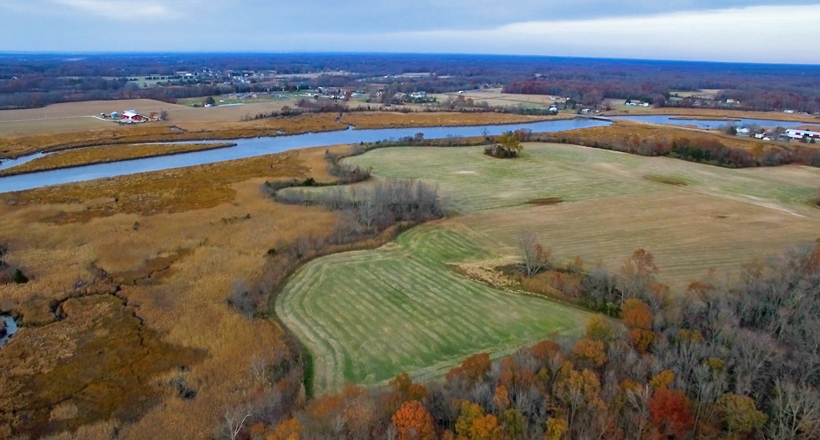
Climate change and Garden State agriculture
MARJORIE B. KAPLAN, MARK ROBSON, and JAMES SHOPE / ANJEC REPORT

New Jersey leaders draft plan to help residents cope with rising temperatures
BRANDON GOLDNER and ALAN WHEELER / CBS PHILADELPHIA
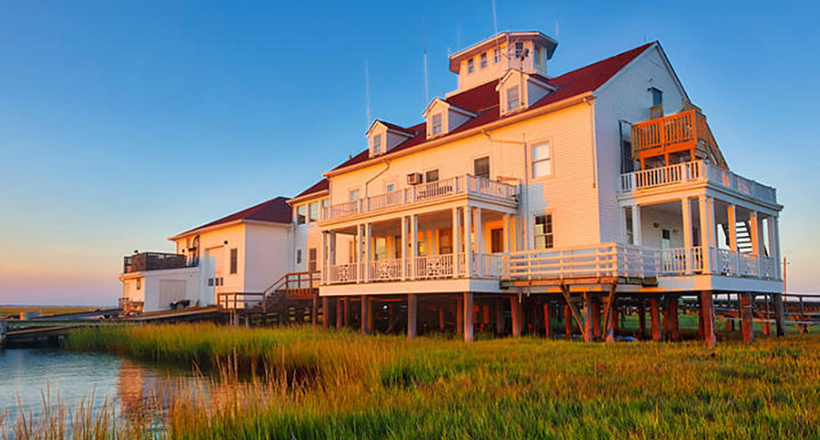
Scientists know rising seas will one day swallow this Jersey Shore climate research center
FRANK KUMMER / PHILADELPHIA INQUIRER

New Jersey is one of America’s fastest-warming states, data shows
HILARY HOWARD / NEW YORK TIMES

U.S. gives key approval to Atlantic Shores offshore wind farm in New Jersey
WAYNE PARRY / AP / WHYY


As NJ swelters, pols push bill to protect workers from the heat
DANIEL MUNOZ / NORTHJERSEY.COM
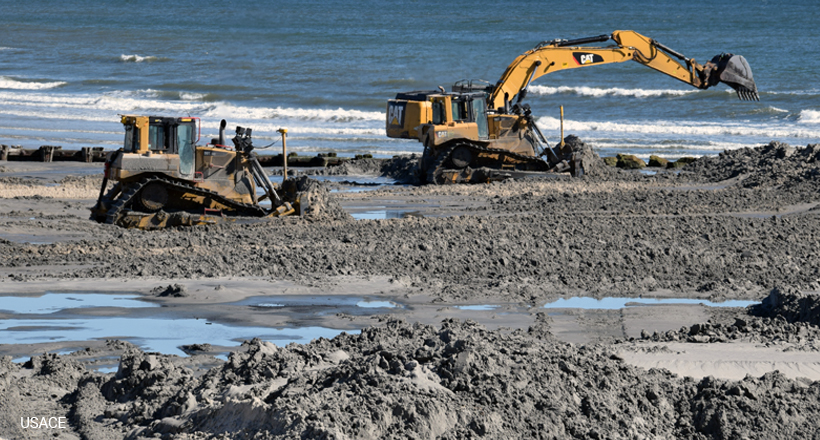
Time to reevaluate the money spent replenishing beaches?
BRIANA VANNOZZI / NJ SPOTLIGHT NEWS

How climate change complicates NJ beach replenishment
MELISSA ROSE COOPER / NJ SPOTLIGHT

Offshore wind project clears key federal hurdle
MICHAEL SOL WARREN / NJ SPOTLIGHT NEWS
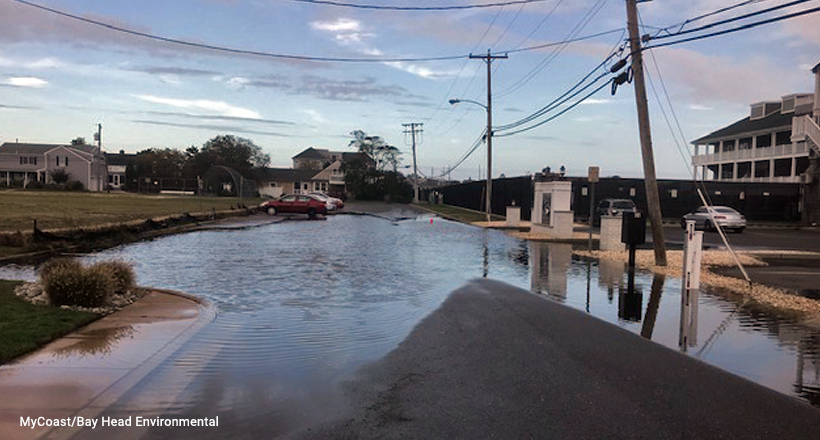
Building at the Jersey Shore where it’s bound to flood more may get harder
STEVEN RODAS / NJ.COM
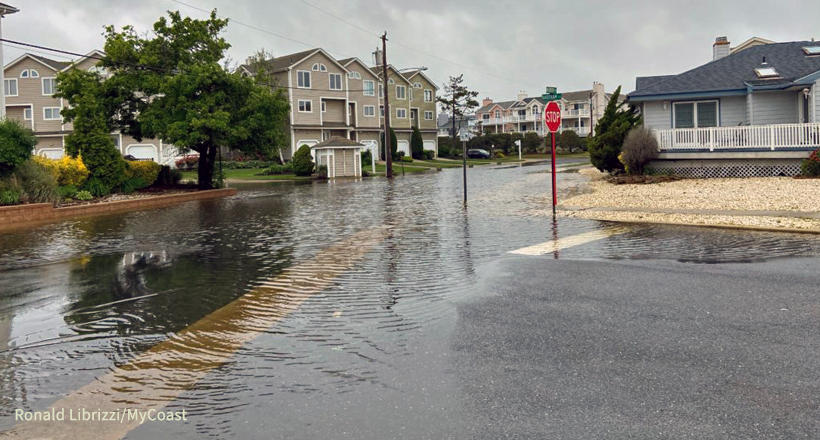
New Jersey prepares new coastal development rules
RY RIVARD / POLITICO

Young Americans push for climate change education
LAURA BARRÓN-LÓPEZ / PBS NEWSHOUR
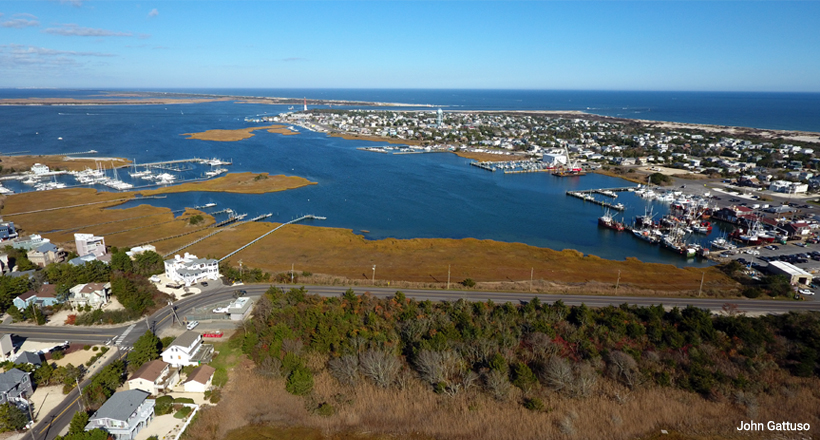
Rising sea levels at the shore
AVI WOLFMAN-ARENT and CHERRI GREGG / WHYY
Lorem ipsum dolor sit amet, consectetur adipiscing elit. Ut elit tellus, luctus nec ullamcorper mattis, pulvinar dapibus leo.


 Angel Alguera
Angel Alguera Daniel Gilkeson
Daniel Gilkeson Benjamin Goldberg
Benjamin Goldberg Surya Jacob
Surya Jacob Vineesh Das Kodakkandathil
Vineesh Das Kodakkandathil Douglas Leung
Douglas Leung Nihar Mhatre
Nihar Mhatre Justin Morris
Justin Morris Josephine O’Grady
Josephine O’Grady Jessica Parineet
Jessica Parineet Dillan Patel
Dillan Patel Moira Sweeder
Moira Sweeder